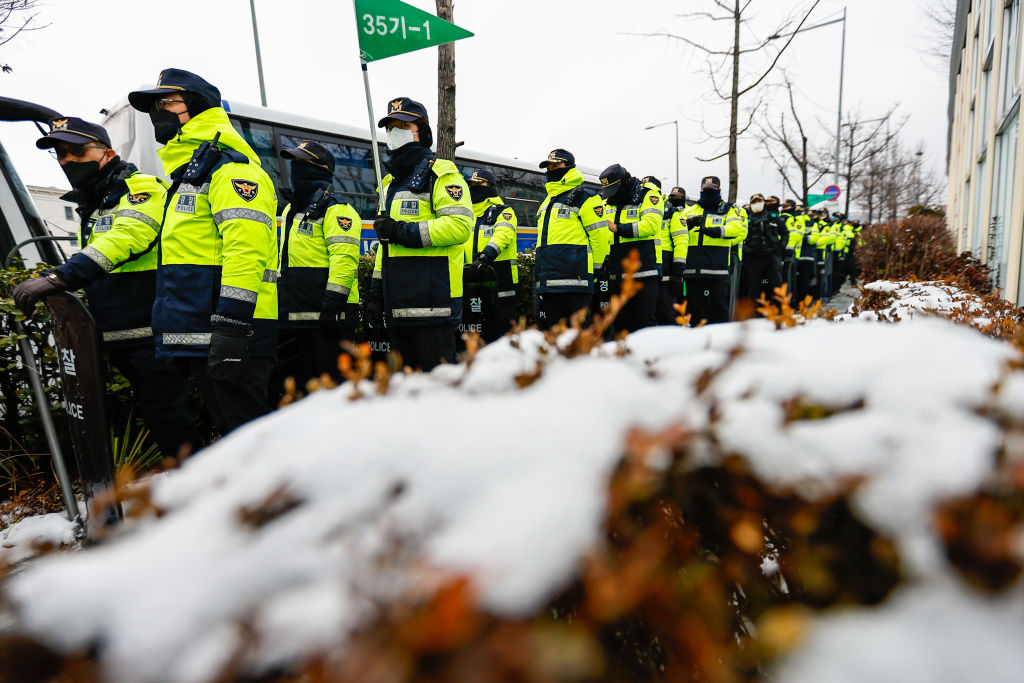South Korea’s anti-corruption agency said on Monday that it had asked police to take over the execution of an arrest warrant for impeached President Yoon Suk Yeol. The request comes after a failed attempt to execute an arrest warrant on Friday following a tense stand-off with presidential guards who formed a human chain to block access by the investigators.
A joint team of investigators from the Corruption Investigation Office for High-ranking Officials (CIO) and police are probing allegations that Yoon masterminded insurrection with his short-lived imposition of martial law.
The CIO sent a notice to police to request the takeover, the anti-corruption agency said in a statement to reporters.
The move comes amid frustration among Yoon’s critics towards the CIO for failing up to now to execute the arrest warrant, which is due to expire at midnight on Monday (1500 GMT).
A police official told the Yonhap news agency that they were “reviewing the law internally” following the request from the CIO.
Yoon’s lawyers have argued that the anti-graft force leading his criminal investigation has no authority under South Korean law to investigate any case involving insurrection accusations.
The Seoul Western District Court on Sunday dismissed the injunction filed by Yoon’s legal team seeking to invalidate the warrants to arrest the president and search his official residence, according to Yonhap.
Amid the ongoing political tensions, U.S. Secretary of State Antony Blinken is visiting South Korea this week where he is due to meet senior government officials to reaffirm the alliance with Seoul, according to the U.S. State Department.
His visit comes after Yoon’s short-lived declaration of martial law last month sent South Korea into political chaos, drawing rare rebuke from officials in Washington.
The CIO is an independent agency launched in January 2021 to investigate high-ranking officials including the president and their family members, but it does not have authority to prosecute a president.
Instead it is by law required to refer the case to the prosecutors’ office to take any action including indictment once the questioning is over.
(Reuters)




















